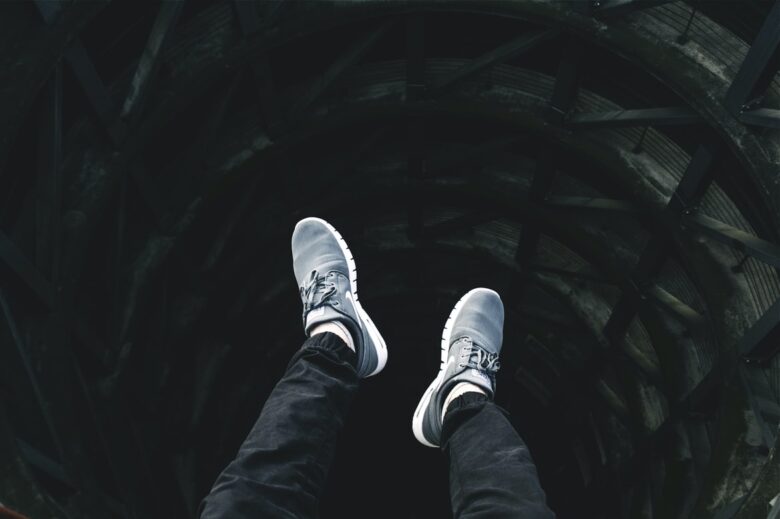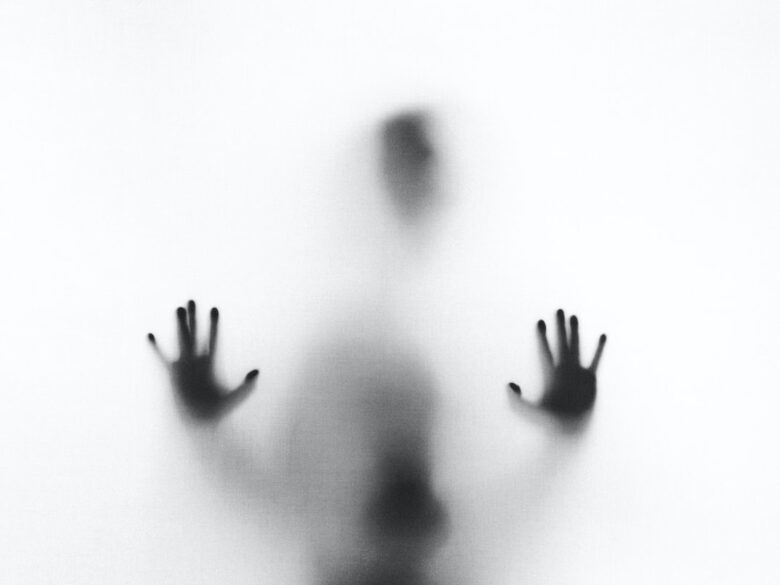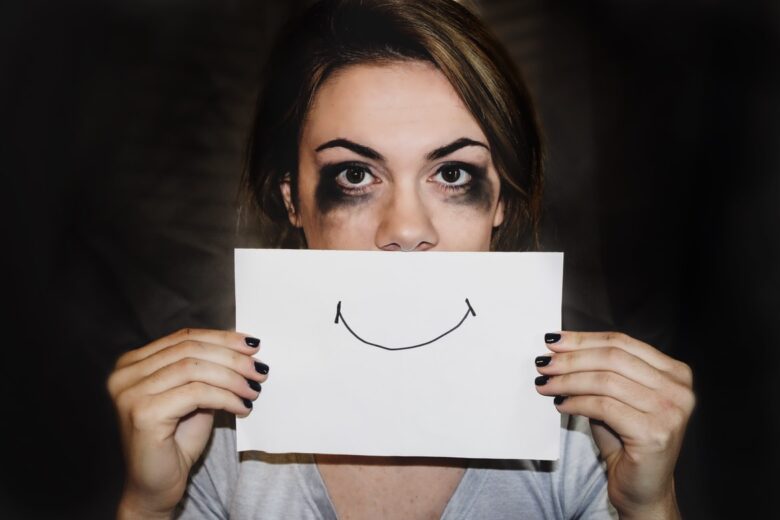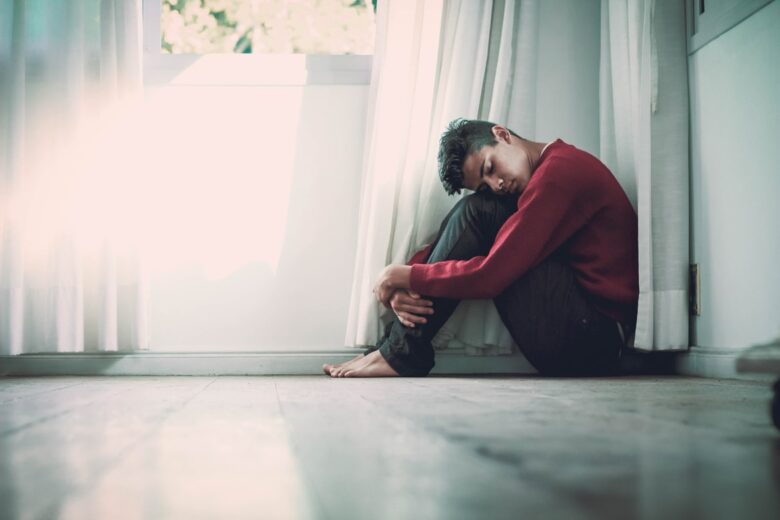Did you know that around 280 million people in the world today have depression? Depression is a mood disorder that impacts how you feel, think, and behave. It is caused by various factors, including genetics, trauma and stress, hormonal imbalances, and environmental conditions.
Depression results in an immense feeling of unhappiness and could lead to emotional and physical problems, including death. To overcome this illness, you need to recognize and understand its symptoms to seek appropriate help. Here are 15 common signs of depression:
1. Changes in weight and appetite

Appetite and weight fluctuate due to depression. However, this experience is often different for each individual. While some people lose weight and appetite, others eat more and gain weight. A depressed individual could lose or gain more than 5% of their body weight within a month.
However, dietary changes could be caused by different conditions. To determine whether changes in dietary habits are related to depression, evaluate whether they are intentional or not. Unintentional feeding changes indicate that you are suffering from depression.
2. Suicidal thoughts

Depression makes one see no value in their life, and they contemplate committing suicide. When one is depressed, they will often talk about ending their own life or even make a first failed attempt. Enroll in depression therapy in London from sites like dianegalbraiththerapy.com if suicidal thoughts start creeping up to get depression treatment tailored to your needs.
3. Low sex drive

Reduced action in the bedroom could be a sign that you are depressed. According to Dr. Jennifer Payne, the omen’s Mood Disorders Center director at Johns Hopkins Medicine in Baltimore, changes in sex drive are a significant indicator for diagnosing major depression episodes.
Depression often results in low energy levels and fatigue, low self-esteem, and loss of interest in pleasurable activities, including sex. This leads to a decrease in an individual’s libido or even impotence.
4. Health disorder and physical pain

Although depression is a mental health condition, it could also result in unexplained physical pain and health disorders. When depressed, you may experience headaches, backaches, muscle aches, digestive problems, and chronic pain conditions. According to recent research, individuals suffering from major depression are more likely to suffer from heart diseases, cancer, type 2 diabetes, arthritis, and autoimmune conditions than those without the illness.
5. Negative outlook

A certain degree of pessimism is functional for every individual. However, when depressed, you constantly feel vulnerable to social humiliation and making a catastrophic decision or mistake, resulting in bankruptcy and severe losses. Unlike in normal conditions, these negative thoughts and feelings cannot be willed away, which prevents you from taking the necessary steps to achieve your goals.
6. Anxiety

If you are experiencing troubles at work, conflicts in your relationship, or have a significant decision to make; you may be depressed. This could trigger anxiety, and the feeling may worsen to the point where they interfere with your daily function. The symptoms of anxiety include:
- The sense of panic, dread, and danger
- Restlessness, nervousness, or feeling tense
- Rapid heart rate
- Muscle twitching and trembling
- Rapid breathing
- Difficulties in thinking clearly or focusing on anything else apart from what you are worried about
- Increased or heavy sweating7. Self-loathing
Everyone experiences feelings of inadequacy, low self-esteem, and guilt every once in a while. However, if these feelings are pervasive, it could indicate that you are suffering from depression. Seek help if you overly criticize yourself for perceived mistakes and faults or frequently feel worthless, hopeless, helpless, or self-hate.
8. Loss of interest

Depression makes you lose your ability to feel pleasure and joy. According to the National Institute of Mental Health, disinterest in pleasure, hobbies and activities that you used to enjoy is one of the most telltale signs of depression. This includes withdrawal from sports, pastimes, sex, and social activities.
9. Drug and alcohol use

Depression is a mood disorder that impacts how you feel about life in general. To cope with extreme mood changes, including happiness, hopelessness, and loneliness, some people may use drugs and alcohol.
According to the Anxiety and Depression Association of America (ADAA) report, one out of five people with mood disorders like depression and anxiety often have a substance or alcohol use disorder.
10. Loss of energy
One of the main reasons you may stop engaging in activities you often look forward to is that you feel sluggish, physically drained, and tired. Depression results in an overwhelming feeling of fatigue and lack of energy. This makes completing small tasks take longer or more difficult. You could also experience excessive sleeping due to reduced energy levels.
11. Uncontrollable emotions

It is healthy to experience days when you feel sad or overjoyed with others as long as these emotions do not interfere with your daily routine. However, if you experience extreme changes in your feelings, it could mean that you have a mood disorder such as depression.
12. Changes in sleeping habits

Sleep deprivation often results in depression, and depression makes it difficult to fall or remain asleep due to neurochemical changes in the brain. Sleeping too much is also a sign that your loved one may have depression.
13. Loss of concentration
Issues with concentration and memory are common signs and symptoms of depression. You may lose your train of thought, trail off during conversations, and experience trouble remembering things, making decisions, and focusing. Loss of concentration and focus worsens the social impact of depression, making personal relationships and work-life more strained.
14. Anger and irritability

When depressed, you may experience a short temper, low tolerance levels, and everyone or everything gets on your nerves. You may also feel restless, agitated, and even become violent.
15. Reckless behavior
A depressed individual may engage in escapist behavior to cope with the condition, including reckless driving, dangerous sports, compulsive gambling, and impulsive buying.
Endnote
Recognizing the signs and symptoms of depression is the first step towards healing and recovery. If you experience more than five of the signs and symptoms mentioned above, you should consider booking an appointment with a mental health professional for appropriate treatment.


